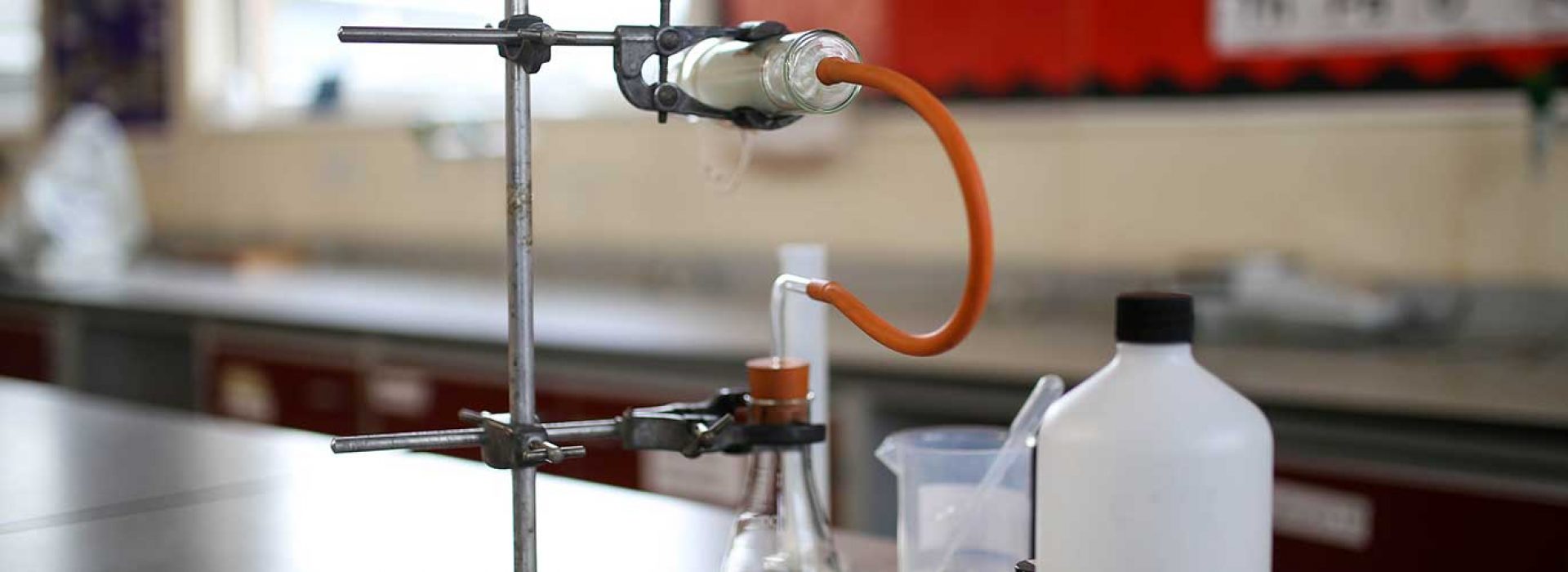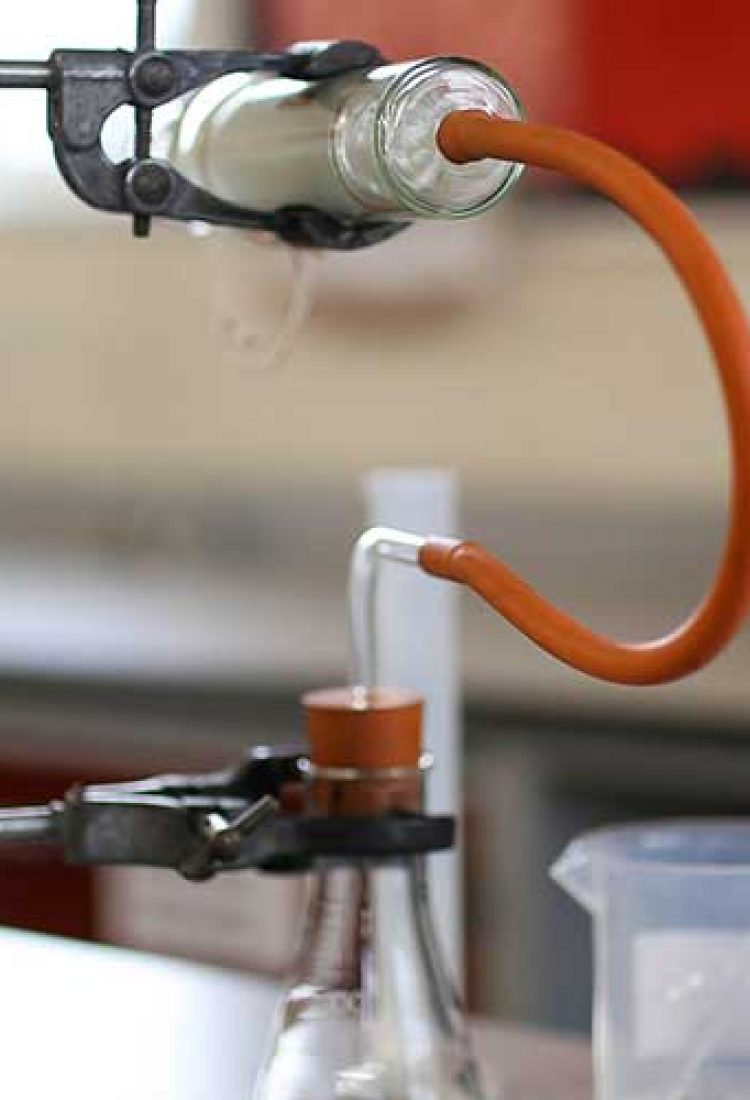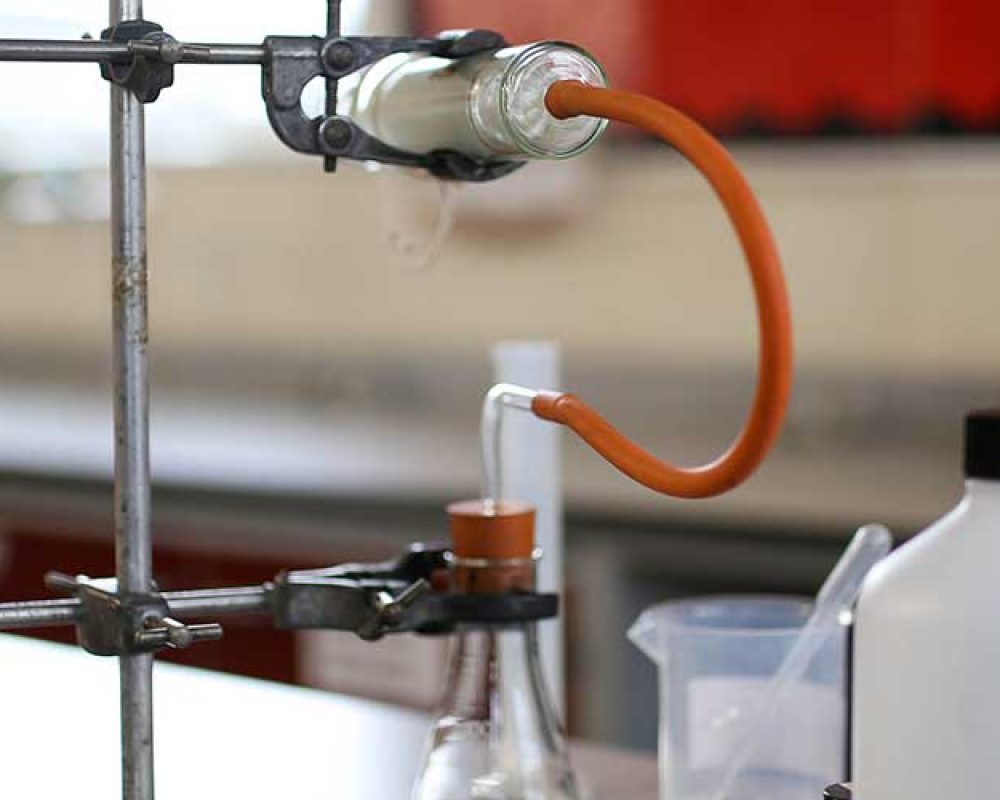Studying Medicine
You need to think carefully about why you want to study medicine because you will have to explain it in your personal statement and at interview. Just because you have ‘always wanted to’ or you ‘love science’ or you ‘want to help people’ won’t be a good enough answer; these things apply equally to being a nurse, a research scientist or a physiotherapist instead. Consider why you want to study medicine specifically and the following advice and guidance:
Prepare early
You need to start your preparations early and do plenty of research. Find out what personal attributes are needed to be a good doctor. Talk to as many medical professionals as you can, including those we make arrangements for you to meet. And look at:
- The General Medical Council (GMC)
- The British Medical Association (BMA)
- The British Medical Journal (BMJ)
Courses
Think about attending one of the courses available, such as MEDLINK, but be aware that they are expensive.
Voluntary work
University Medical Schools will expect you to have a record of regular voluntary work. Think about care homes, charity shops, hospices and so on. Locally you could try Douglas House (Leonard Cheshire), Three Corners Residential Home, Rowcroft, Brixham Does Care, Totnes Caring, Torbay School.
Work experience
This is essential and could include the following:
- Torbay Hospital (see Mrs Barnaby our Careers Coordinator, for the necessary form you need to fill in), or another hospital
- A GP surgery (very difficult to obtain).
- Experience in any ‘caring’ or health related environment.
You need to be able to reflect on your work experience and explain what you have learnt, so keep a diary of what you do, see and learn. For example, what surprised you about what you observed?
Academic requirements
GCSEs
University medical schools usually require a minimum of five GCSE grades 8/9, some require more, so check them all as the requirements can change. You need good grades in English Language, Mathematics and the Sciences.
A levels
You will sometimes need to be predicted at least three A’s or better, although this varies a little between different universities. Chemistry is usually essential, plus another science (often Biology). Please make sure you check the university websites for their specific ‘Entry Requirements’. You don’t need to take four subjects to A level; the required grades in the key subjects are what counts.
Foundation Courses
If you are not taking the correct subjects you should check the universities that offer foundation courses in medicine where, once you complete the foundation year, you can enter the standard 5-year medical course.
Extra-curricular activities
You need to show that you’re a well-rounded and highly motivated person who is developing a range of relevant skills and attributes, such as teamwork, leadership, time management, and listening. You will need to be able to explain how these skills will help in your future medical career. So do you compete at a high level in sport?, play in an orchestra?, act in drama productions?, or are you working towards the Duke of Edinburgh award?
Which medical school?
There are 33 medical schools in the UK offering the standard five-year medical degree. They differ, so you need to choose carefully. Some offer traditional teaching which is mainly lecture-based with tutorials and practical’s, and some (or no) patient contact during the first two years, followed by three years of clinical training. Others offer integrated courses with a mixture of lectures, case-based studies, clinical skills and laboratory work, with patient contact from year 1. This type of learning often focuses on specific body systems, meaning that you study anatomy, physiology, pharmacology and biochemistry of a particular system (e.g. cardiovascular) at the same time. Some courses will centre on problem-based learning. You also need to consider:
- Teaching facilities
- Is dissection (whole body) or prosection (analysis of pre-prepared human cadaveric samples) offered?
- Do you want early patient contact?
- Can you personalise your learning with student-selected components, research projects, or electives?
- Can you study for an Honours BSc or Masters degree midway through your degree?
- How far will you travel for hospital placements?
- What support is offered (financial and academic)?
- Location – big city? Distance from home? Check out rankings on the Discover UNI website
The deadline for Medicine applications is 15th October, but you need to complete your application well before this so that the school can write a reference. You can only apply to four medical schools, so choose carefully. You can find more information about entry requirements and individual universities by using Unifrog or the UCAS website.
How will you be assessed for an interview?
Universities differ. Most score each applicant based on their academic profile, personal statement, UCAT/BMAT score (see below) and reference. But the emphasis placed on each of these differs. Some universities interview based on specific criteria such as GCSE results or UCAT score. Check the website for each medical school, some are transparent, for others you have to dig deeper. If you can’t find the information you want, ask the admissions team.
GCSEs and A levels
Your GCSE grades and A level subjects must match or exceed the university criteria.
UCAT
The University Clinical Aptitude Test (formerly UKCAT) is an admissions test used by a consortium of universities for their medical and dentistry degrees. It is a 90-minute computer-based test that examines your skills in verbal reasoning, quantitative reasoning, abstract reasoning and decision analysis. You can only take the test once per academic cycle, so it is important to practise beforehand. Past questions and guidance are available on the UCAT website. It is important to check the arrangements and format as they are subject to change every year.
You need to register and book a time and date at the test centre (Union Street, Torquay) between July and October. You will get your results immediately. Universities treat the result differently: some take the average mark; others look at individual components.
BMAT
BioMedical Admissions Test: this is a three-part, 2 hours written exam taken in one sitting in November. You must register first, and re-sits are not allowed. Eight universities currently use BMAT. As you take the exam after the UCAS deadline, it is probably best if you don’t apply to more than two of these universities, in case something goes wrong in the exam. Check out the BMAT website.
Personal statement
You should start writing this before the summer break in Year 12 and tailor it to your chosen medical schools. They want to know what you have learnt from your work and life experiences, and how this has enforced your desire to study medicine.
Deferred entry
This is perfectly acceptable but you must do something useful and write about your plans in your personal statement. Ideally, you should include some voluntary or healthcare work.
Fifth choice or not?
It is up to you. Universities do not see your other choices. So if you want a backup plan, it is advisable to add another course such as Biomedical Science.
Preparing for interview
See the Churston Programme (below) for support provided by the school. Also:
- Know the course inside out e.g. don’t say you want to do dissection when they only offer prosection
- Know about career structures, healthcare organisations and current medical issues – see websites below.
- Make sure you know the interview format. Oxbridge is part of a 2-day admissions procedure. Dundee holds a series of ten 7-minute interviews that test many skills, knowledge of the course and a career in medicine. Manchester is currently a group based discussion followed by three 6-minute interviews. Most others now hold 15–20-minute interviews with two or three interviewers from different backgrounds (sometimes referred to as MMI’s)
What if you don’t get in the first time?
Don’t despair. If you get the grades but don’t get an offer, then you should take a year out and gain more work experience in a medical or voluntary field. Examples from previous students include bank nursing, volunteering in a Romanian orphanage, working in a Care Home, qualifying as a phlebotomist, working at Douglas House in Brixham, and local volunteer work. So far, every student from Churston who has done this has been successful. You also need to retake the UCAT or BMAT tests.
Useful websites
As well as the various websites mentioned above, here are a few more you might find helpful:
Student BMJ is a good website for current topics in medicine and what it’s like to be a medical student.
Unistats is the website for analysis of university courses.
My Med School is a website set up by medical students and doctors which contain lots of useful information.
(The above advice is based on an article by Ann Cranfield in Biological Sciences Review 2012. We have revised and updated it.)
Programme for students considering medicine
All potential candidates are given an introduction by Mr Killeya to explain how the selection process works and the requirements regarding work experience, examination grades and personal qualities. You will then be offered the following programme.
YEAR 11/12
- Access to Churston alumni who are current Medics or qualified doctors
- Advice on writing formal letters to arrange work experience and list of contacts e.g. Douglas House (Leonard Cheshire Home), Hollacombe Centre, Rowcroft Hospice, Mount Stuart Hospital, Torbay Hospital.
- Assistance with the standard application form for work experience at Torbay Hospital.
- Advice on reading and writing a personal statement. We look at statements and references of former medical applicants to provide an overview of the expectation of medical schools.
- The opportunity to attend the NHS Open Day at Torbay Hospital
YEAR 13
- Mr Shellum will support you with your personal statement and discuss your individual reference (this happens with all students).
- A practice interview with teachers/Mr Shellum. Based on feedback from previous applicants, this interview is specific to the medical school.
- Advice on the choice of medical school and different teaching methods e.g. problem-based learning.
- We have a network of former students now studying medicine who are happy to offer advice and guidance via email. For example, one former student is on the interview panel at Cardiff Medical School.
- Some students decide to attend one of the various courses on a career in medicine such as Medisix and Medisix Plus at the University of Nottingham. These are useful but expensive, ranging from £141 – £210+ depending on options. This is a residential course which aims to ‘equip students with a firm understanding of the challenges and demands of a career in medicine’ and is targeted at those considering becoming doctors, dentists, nurses, radiographers etc. There are also one-day courses provided by other companies; all are advertised on our ‘Medicine’ noticeboard. Students are advised of the courses and are welcome to attend them. However, we have found that attending such a course has not made a difference to the success of an application except for students who have a limited understanding and knowledge of what a career in medicine involves.
See also our separate Oxbridge programme if you are thinking of applying to Oxford or Cambridge.


